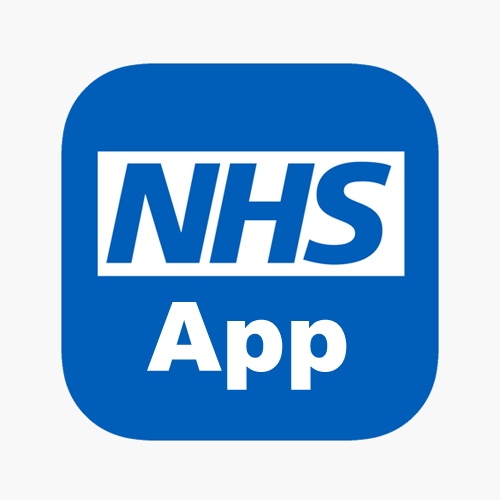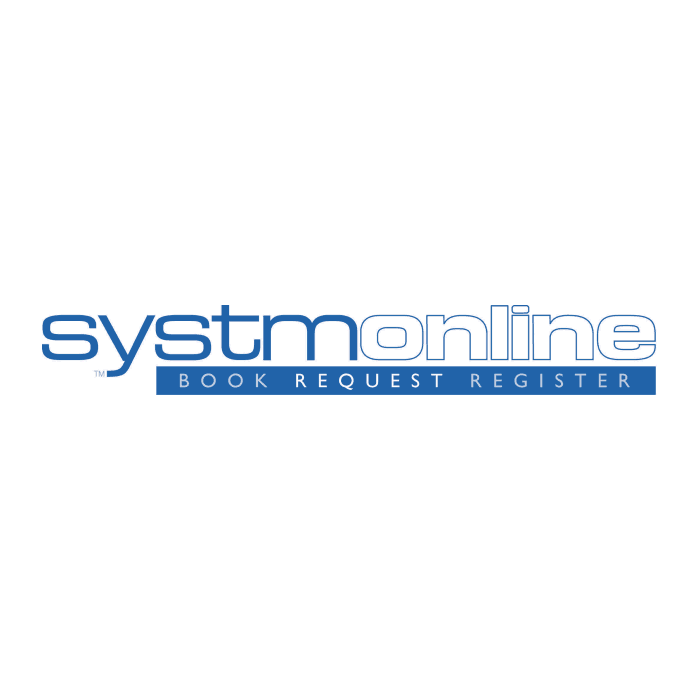Update Your Details & Sign Up for Online Services
Online Services - Full Clinical Records Access
From the 31st October 2023, GP Practices will be able to provide patients who have not opted out, with access to their full prospective clinical records.
This means that from the above date, you can register for this access. Once you have access granted by the Practice, you will be able to see your full clinical records including consultations, prospectively.
We are aware that not everyone will want access to their full record on the internet at this time, and some patients may have concerns about their personal medical records being made available on their smartphones or online, especially if other people have access to their devices. If you would like to opt out of having this access, we can switch this off for you. You can always change your mind in the future.
We are supportive of providing you with access to your record, but we wish to do this safely and make you aware that this is happening so that you can opt out, if you so wish. You may wish to speak with us first to understand what it is that you will see, and the risks which may be involved in having such confidential data either on your smartphone with the NHS app installed or online if other people might have access to that information through your devices. If you are in a difficult or pressured relationship for example, you may prefer your records to remain accessible only to those treating you, with them not appearing on your smartphone or online. Government has been clear that if a patient does not wish to have access, then we do not have to provide it. This is one reason why we have asked if you wish to opt out, or have it switched off for the time being.
For those who would like access, we are happy to explain the different levels you might like. Everyone can have access to their medication history and allergies, for example, and will be able to order their repeat prescriptions. It’s also possible to request access to what we call your ‘coded record’ where you can see a list of medical problems and results. You can also request access to the ‘full’ record where you will be able to see everything, including the notes which have been written by doctors, nurses and others involved in your care, at the GP surgery, and elsewhere.
It’s important to remember that these documents may, at times, contain information that could be upsetting, especially if they contain news of a serious condition. It can also be a cause for worry seeing results online when it isn’t clear what the results might mean, and no one is available to ask, as can be the case during the evening or at weekends, for example.
Sometimes people with a mental health condition might prefer not to see documents that remind them of difficult times in their life. Letters from mental health teams sometimes go into detail about past events, and great care would be needed in deciding whether you would want to see these letters. It is possible for individual items to be hidden at your request and your GP would be happy to talk about any concerns you may have.
Great care is also needed in case private details might cause harm at home, should people in a difficult or pressured relationship be forced to show their medical record to an abusive partner. Anyone in such a position should make this clear to us at the practice, so we can take steps to keep you safe. This might mean removing access through the NHS app for the time being, or through a careful process where we hide sensitive things. We would talk this through with you.
Requesting access – what do I need to do?
The easiest way to get access is to create an NHS login through the NHS app. Although you can also access your GP records via the internet on a computer, the first bit is easiest if done through a smartphone. If you don’t have one, you may have a family member or friend you trust who can help you. You can also ask your practice receptionist, but you’ll need some proof of who you are, eg a passport, driving licence or household bill.
If you use the NHS app, you’ll have to set up an account using a unique e-mail address and then ‘authenticate’ yourself to the NHS system to prove you are who you say you are. This will involve confirming your name, date of birth and contact details. The NHS login has several levels of authentication and to gain access to your records you’ll need the highest level of authentication. This generally involves you recording a short video of yourself to prove you are a real person as well as uploading a copy of a suitable identification document. Your GP practice can bypass this step if you are struggling, but we’d ask you to try to sign up to the NHS app yourself.
Once you have suitably authenticated yourself to the NHS app and created your NHS login you can approach your practice and ask for access, being mindful of the risks associated with access and the importance of not sharing passwords or having them stored in your smartphone if you think other people might want to see them without your permission. If you have any concerns, you should explain these to your GP practice team who can guide you.
Your GP practice will have a form they will ask you to complete, with your NHS login (this will be the email address you used to sign up) and then you will have a chat about access and your agreement and understanding will be requested. Once you are happy to get online access, your request will be passed to the clinical team to review. It may be that the practice wishes to contact you to discuss your request if there are any concerns raised so that access can be given safely.
Sharing Your Medical Record
Increasingly, patient medical data is shared e.g. between GP surgeries and District Nursing, in order to give clinicians access to the most up to date information when attending patients.
The systems we operate require that any sharing of medical information is consented to by patients beforehand. Patients must consent to sharing of the data held by a health provider out to other health providers and must also consent to which of the other providers can access their data.
e.g. it may be necessary to share data held in GP practices with district nurses, but the local podiatry department would not need to see it to undertake their work. In this case, patients would allow the surgery to share their data, they would allow the district nurses to access it, but they would not allow access by the podiatry department. In this way access to patient data is under patients' control and can be shared on a 'need to know' basis.
Emergency Care Summary
- There is a Central NHS Computer System called the Emergency Care Summary (ECS).
- The Emergency Care Summary is meant to help emergency doctors and nurses help you when you contact them when the surgery is closed.
- It will contain information on your medications and allergies.
- Your information will be extracted from practices such as ours and held securely on central NHS databases.
- Advantage: When you speak to an emergency doctor you might overlook something that is important. If they have access to your medical record it might avoid mistakes or problems.
You may have strong views about sharing your personal information and wish to keep your information at the level of this practice. If you don’t want an Emergency Care Summary to be made for you, please inform us.
Don’t forget that even if you do have an Emergency Care Summary, every time your medical record needs accessing by NHS staff outside of your practice, you will be asked permission. You don’t have to agree to this.
National Data Opt Out
The national data opt-out was introduced on 25 May 2018, enabling patients to opt out from the use of their data for research or planning purposes, in line with the recommendations of the National Data Guardian.
Patients can view or change their national data opt-out choice at any time by using the online service at www.nhs.uk/your-nhs-data-matters or by clicking on "Your Health" in the NHS App, and selecting "Choose if data from your health records is shared for research and planning".
To find out more please visit https://digital.nhs.uk/services/national-data-opt-out
Page created: 05 July 2021


